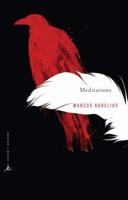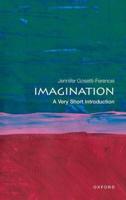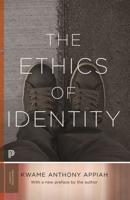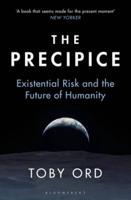Publisher's Synopsis
Probably no single thinker since Jesus has influenced the thoughts and lives of more people living in the Western world today than Sigmund Freud.
Even agnostics like William Barrett, in Irrational Man, and atheists like Nietzsche, agree that the single most radical change in the last thousand years of Western civilization has been the decline of religion. And the four most influential critics of religion have certainly been Nietzsche, Marx, Darwin, and Freud. Of the four, Freud is by far the most popular
No name is more associated with, and in fact responsible for, "the sexual revolution" than Freud. And no revolution in history, at least none since the one around a cross and an empty tomb, and perhaps even none since the one around a snake and an apple, has been more life-changing, and has more potential to continue to be more radically life-changing in the future, than the sexual revolution. To see this, just read Huxley's Brave New World. (And remember that Huxley was far from being a theist.)
Freud wore three hats. Freud was (1) a practicing psychoanalyst (indeed, the inventor of psychoanalysis), (2) a professional theoretical psychologist and sociologist, and (3) an amateur philosopher.
This book explores only his philosophy, for that is the point of his intersection with Socrates. If Socrates is right in his deepest convictions about the power of reason and the importance of philosophy, Freud's philosophy is the ultimate source, foundation, explanation, and justification for his psychology.
Readers of this book, therefore, should not expect direct evaluations of the famous "Freudian" details of these other two dimensions of Freud's work-not because they are not important, and not because they are unrelated to his philosophy, but because one cannot do everything at once (unless one's proper name is "I AM WHO AM"), and certainly cannot do justice to everything at once.
Even agnostics like William Barrett, in Irrational Man, and atheists like Nietzsche, agree that the single most radical change in the last thousand years of Western civilization has been the decline of religion. And the four most influential critics of religion have certainly been Nietzsche, Marx, Darwin, and Freud. Of the four, Freud is by far the most popular
No name is more associated with, and in fact responsible for, "the sexual revolution" than Freud. And no revolution in history, at least none since the one around a cross and an empty tomb, and perhaps even none since the one around a snake and an apple, has been more life-changing, and has more potential to continue to be more radically life-changing in the future, than the sexual revolution. To see this, just read Huxley's Brave New World. (And remember that Huxley was far from being a theist.)
Freud wore three hats. Freud was (1) a practicing psychoanalyst (indeed, the inventor of psychoanalysis), (2) a professional theoretical psychologist and sociologist, and (3) an amateur philosopher.
This book explores only his philosophy, for that is the point of his intersection with Socrates. If Socrates is right in his deepest convictions about the power of reason and the importance of philosophy, Freud's philosophy is the ultimate source, foundation, explanation, and justification for his psychology.
Readers of this book, therefore, should not expect direct evaluations of the famous "Freudian" details of these other two dimensions of Freud's work-not because they are not important, and not because they are unrelated to his philosophy, but because one cannot do everything at once (unless one's proper name is "I AM WHO AM"), and certainly cannot do justice to everything at once.









